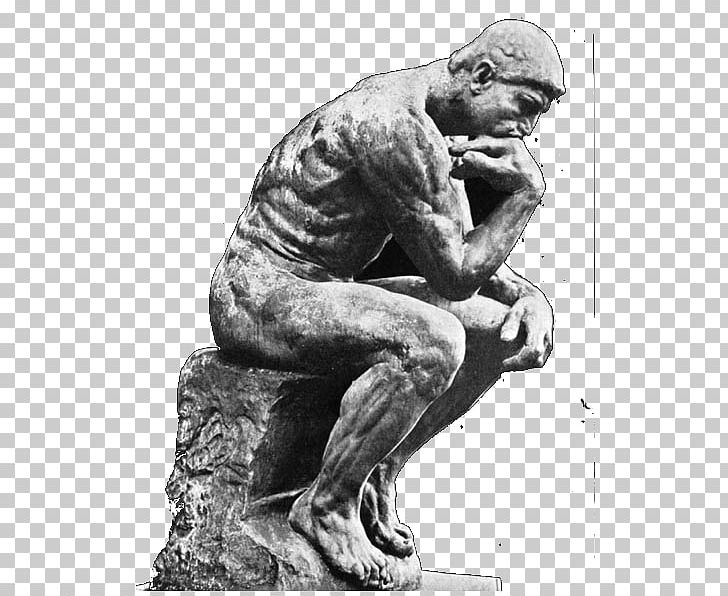

He adds: “he work which seeks to produce dialectical skill in its audience is inevitably reduced in its precision…(92)” Nonetheless, I will be as precise as I can. Indeed, he argued that such a thing was impossible.ĭr John D G Evans, the author of the authoritative Aristotle’s Concept of Dialectic, says the ancient Greek philosopher warned that “precision beyond a certain degree is not be expected in a work on dialectic” (89). The difficulties in understanding dialectic begins with Aristotle’s failure - indeed, his refusal - to provide a precise definition or text about this technique. Dialectic is also associated with Marxism (and in some of its most deformed forms) and some people will not be able to see the value as a result. Aristotle derived this method, but his own findings are morally repugnant to us. Dialectic as a concept can be difficult to understand and to explain, and therefore difficult to practice. This solution, however, presents its own problems. In short, dialectic - and specifically the form advanced by Aristotle - could be precisely the method we need today to deal with complex and urgent problems. I believe that dialectic in conjunction with active listening (or nonviolent communication) could be one tool for finding consensus among the teams and institutions that we now need to avert our ecological crises. Dialectic can be useful in transferring knowledge between one individual, or one community, to another. We live in a time when some people understand and accept some findings of the natural sciences (for example, proving that climate change is driven by pollution) while others don’t.

It is also pedagogical as it can be used by an expert to transfer knowledge to a student Dialectic can help in calibrating the knowledge gained by each - finding correlations and contradictions that may validate both or invalidate either. Dialectic is a method of two people using logic in conversations to test the arguments of each. Logic can be used to test whether a statement is valid - and therefore is a defence against propaganda and ‘fake news’. This process could prove incredibly useful at a time when difficult decisions need to be made by large numbers of people in order to solve extraordinarily complex problems, not least climate change and biodiversity collapse. Why is any of this useful today? The aim of dialectic is not simply to win an argument but for two (or more) people to test their own definitions and arguments in conversation with each other. But dialectic is about a dialogue between two, whereas rhetoric is about the one speaking to the many. It is different to logic - or pure reason - because it does not need true premises nor does it directly seek the truth. It is, like logic, a process of discovering and validating definitions, definitions that reveal the essence of that which we aim to define. It can be understood as the identity between rhetoric and logic. For Aristotle, dialectic was an art - alongside medicine and rhetoric - as opposed to a science - such as logic or mathematics. To provide a more theoretical definition, dialectic is one of the forms of intellectual inquiry. Read more about dialectic and systems thinking at Endoxa.

Dialectic is extinct as a public spectacle. A knock out blow would be a contradiction, falsification or paradox. Boxing as a practice remains a popular sport. In public debate, dialectic is restricted to the use of questions and answers to validate or invalidate a logical argument. The boxer is restricted to punching above the belt. In the art of public debate dialectic is the skill or ability to land blows on the opponent’s argument with the aim of landing that knock out blow. In boxing they rely on skill to land blows on each other until one person is knocked out or loses on points. This art can be understood through allegory: it is like a boxing spectacle in which two individuals spar against each other in front of a braying audience. Dialectic is - for the ancient Greek philosopher Aristotle - the art of persuasion.


 0 kommentar(er)
0 kommentar(er)
